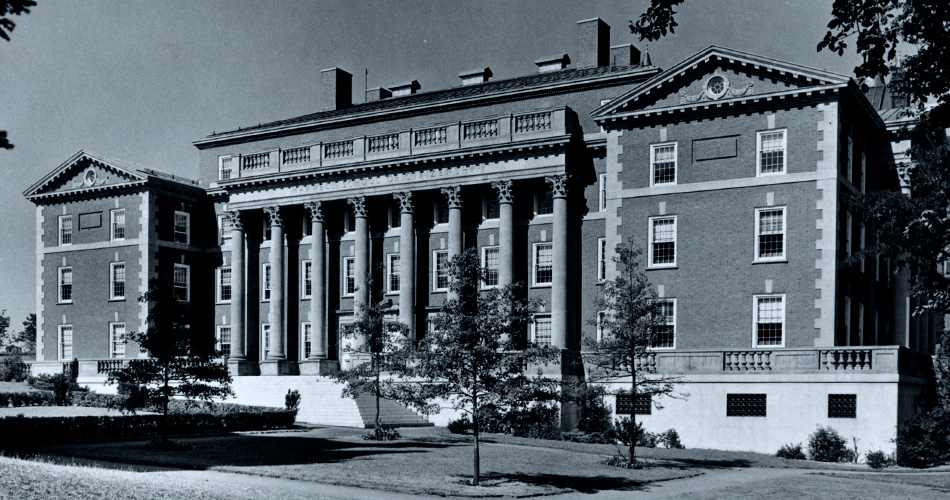The Impact of Chinese Trade on U.S. Employment: The Good, The Bad, and The Apocryphal
341 Eggers Hall
Add to: Outlook, ICal, Google Calendar
Authors: Nicholas Bloom, Kyle Handley, André Kurmann, and Philip Luck
Abstract: Using US Census microdata to examine the impact of
Chinese imports the authors find three results. First, manufacturing job losses
are more than offset with non-manufacturing job gains in areas with above
average human capital (mainly the West and East coasts). Low human capital
areas (mainly the South and Mid-West) saw larger job loss without a
non-manufacturing offset. This suggests one reason the China shock polarized
politics. Second, one-third of manufacturing job losses come from
establishments switching into non-manufacturing. Consistent with a “Silicon
Valley” story, firms offset manufacturing job loss with job creation in
research, management, and marketing. Third, firms that are large,
multinational, or importers generated most manufacturing job losses, but
expanded operations in non-manufacturing – indicative of offshoring.
Philip Luck is an Assistant Professor of Economics in the Department of Economics at the University of Colorado Denver. His current research focuses on the effect of international trade on firm and labor dynamics as well as the role of market frictions in shaping the global organization of production. He holds a Ph.D. in Economics from the University of California, Davis.
For more information,
contact Devashish Mitra, dmitra@syr.edu
For accessibility
requests, contact Lindsay Kelchner, lekelchn@syr.edu
Sponsored by:
Moynihan Institute of Global Affairs
Open to
Public
Contact
Accessibility
Contact to request accommodations

We’re Turning 100!
To mark our centennial in the fall of 2024, the Maxwell School will hold special events and engagement opportunities to celebrate the many ways—across disciplines and borders—our community ever strives to, as the Oath says, “transmit this city not only not less, but greater, better and more beautiful than it was transmitted to us.”
Throughout the year leading up to the centennial, engagement opportunities will be held for our diverse, highly accomplished community that now boasts more than 38,500 alumni across the globe.